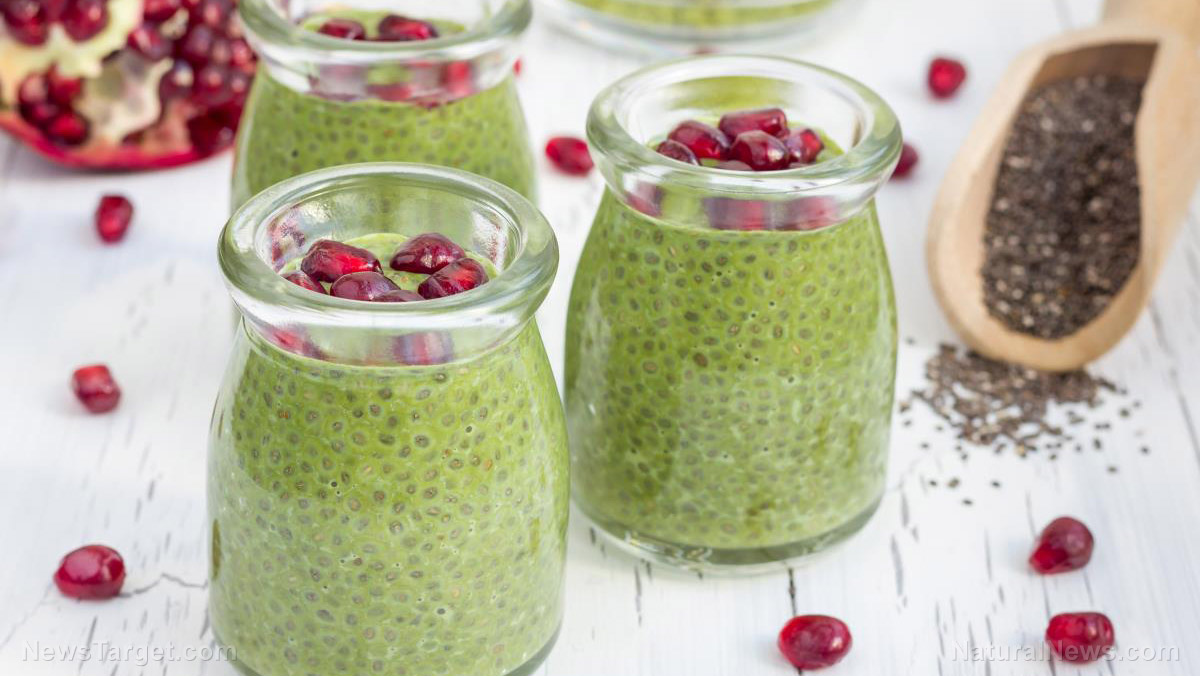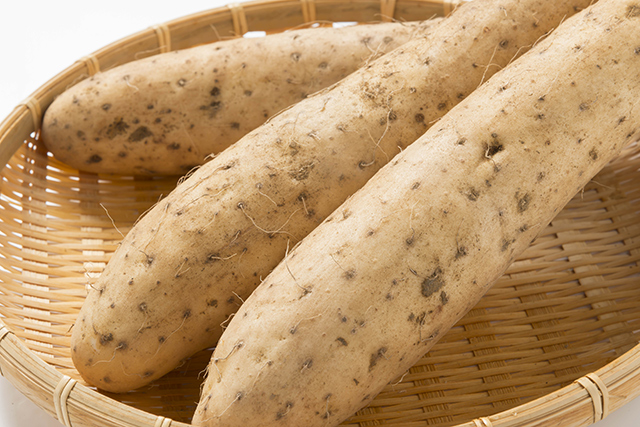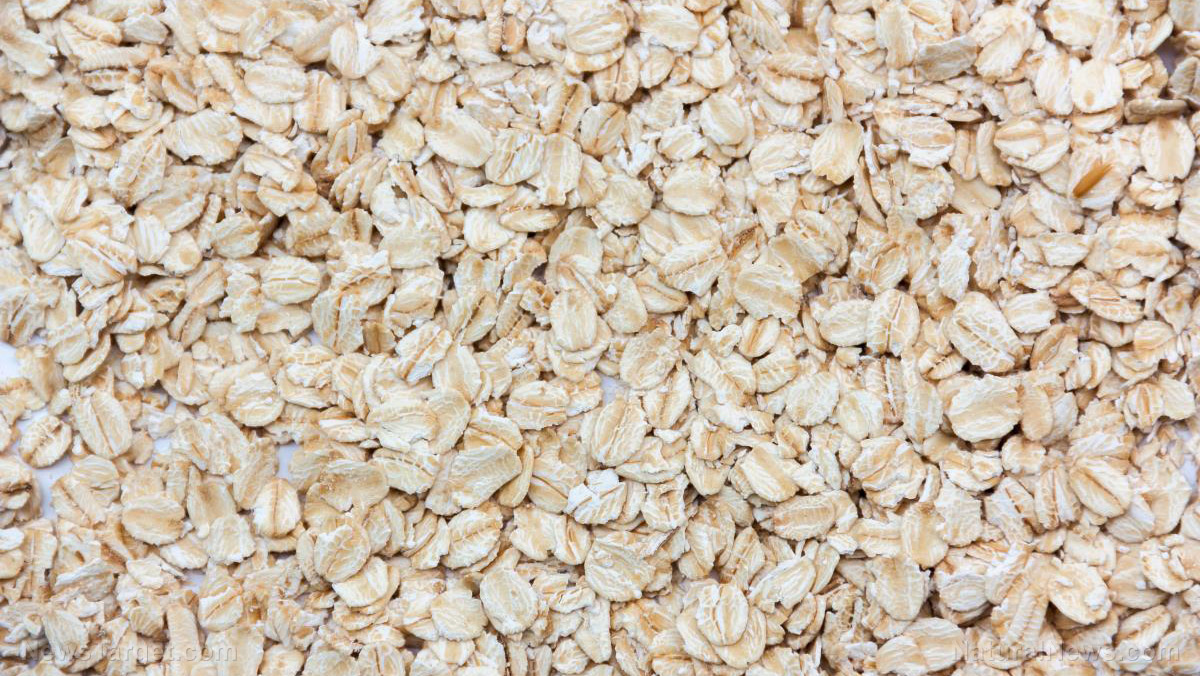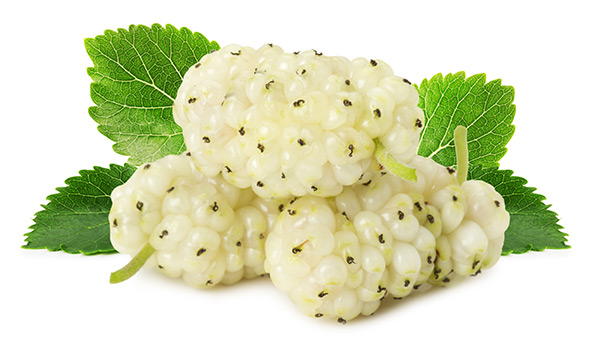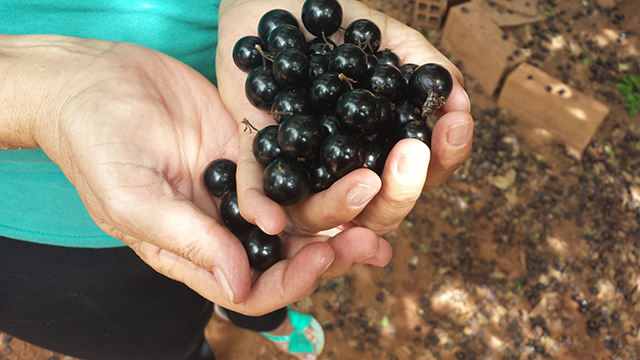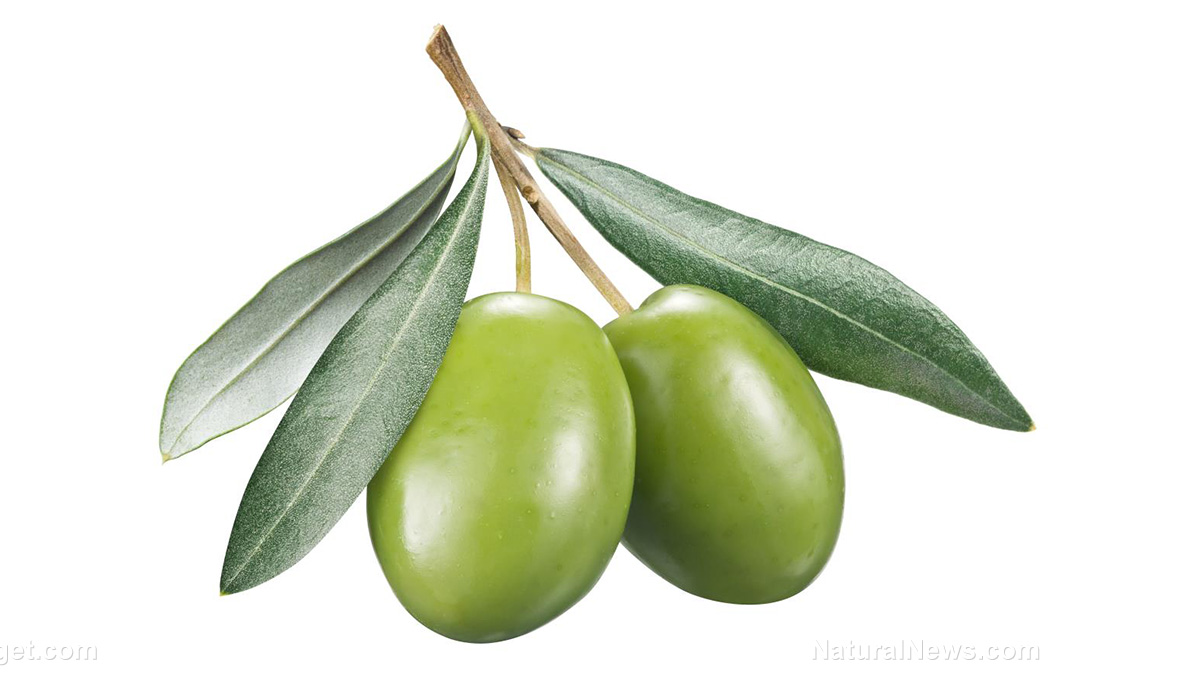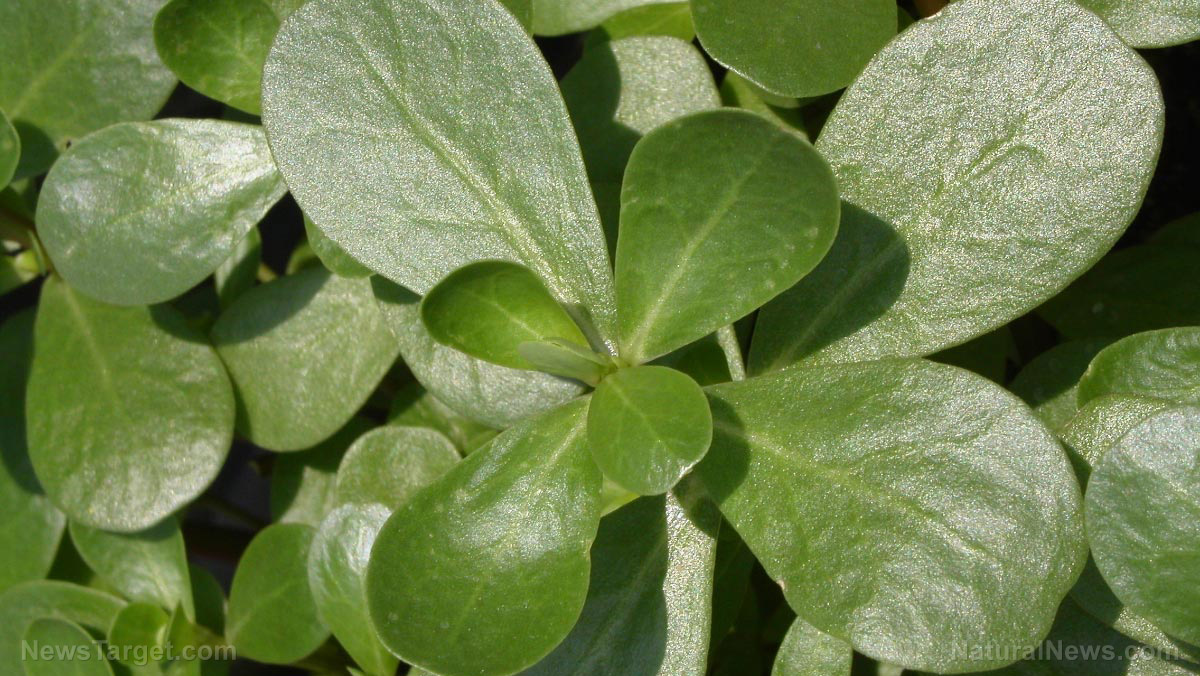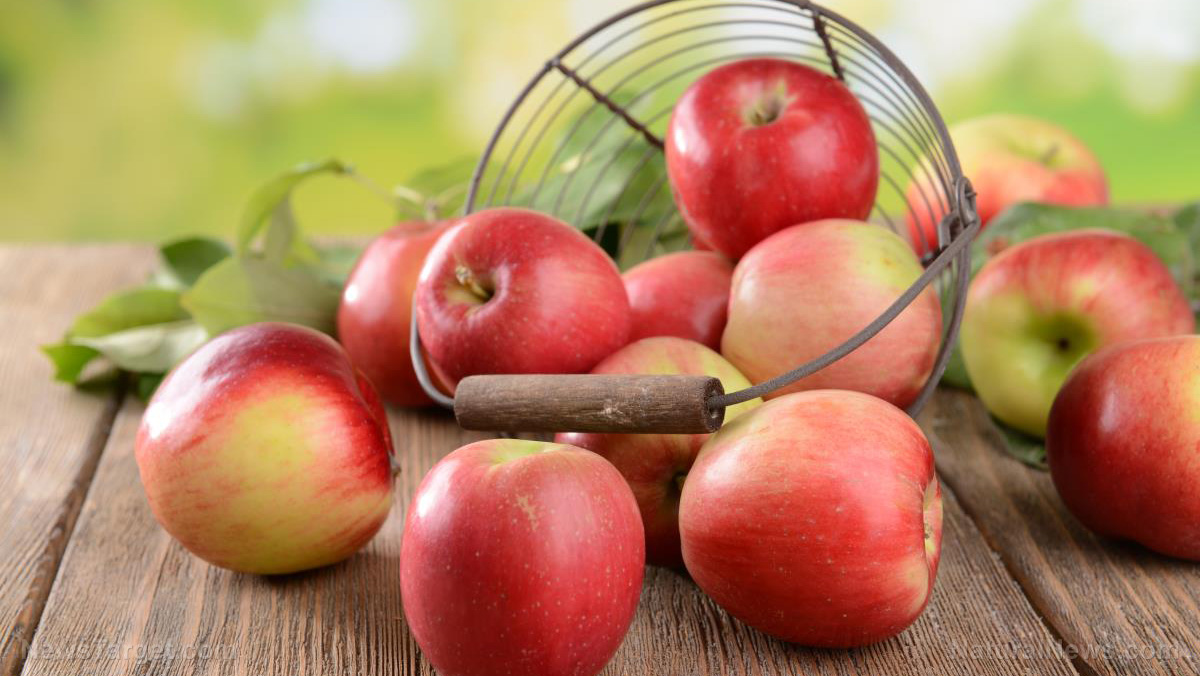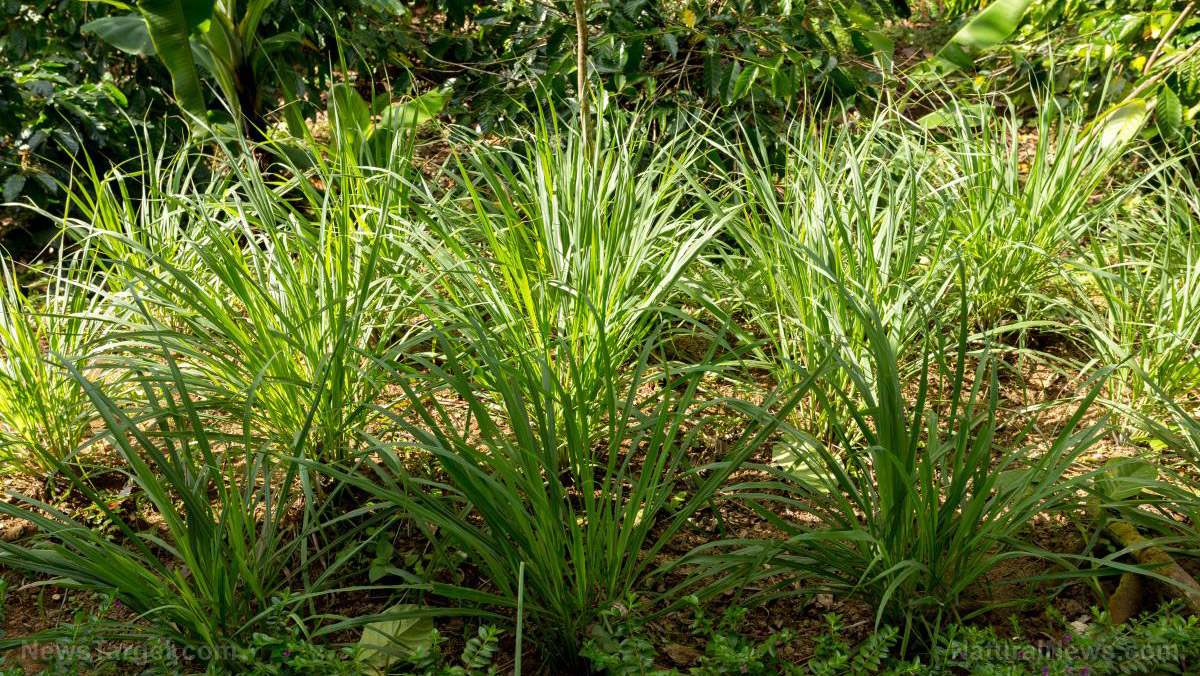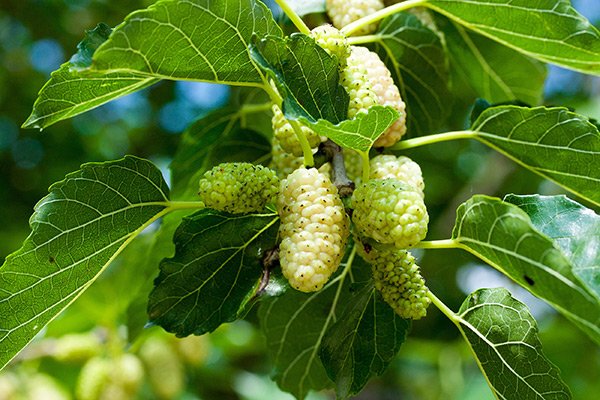Plant extracts from Rosaceae plants can be used as natural treatments for cholera
06/16/2020 / By Evangelyn Rodriguez
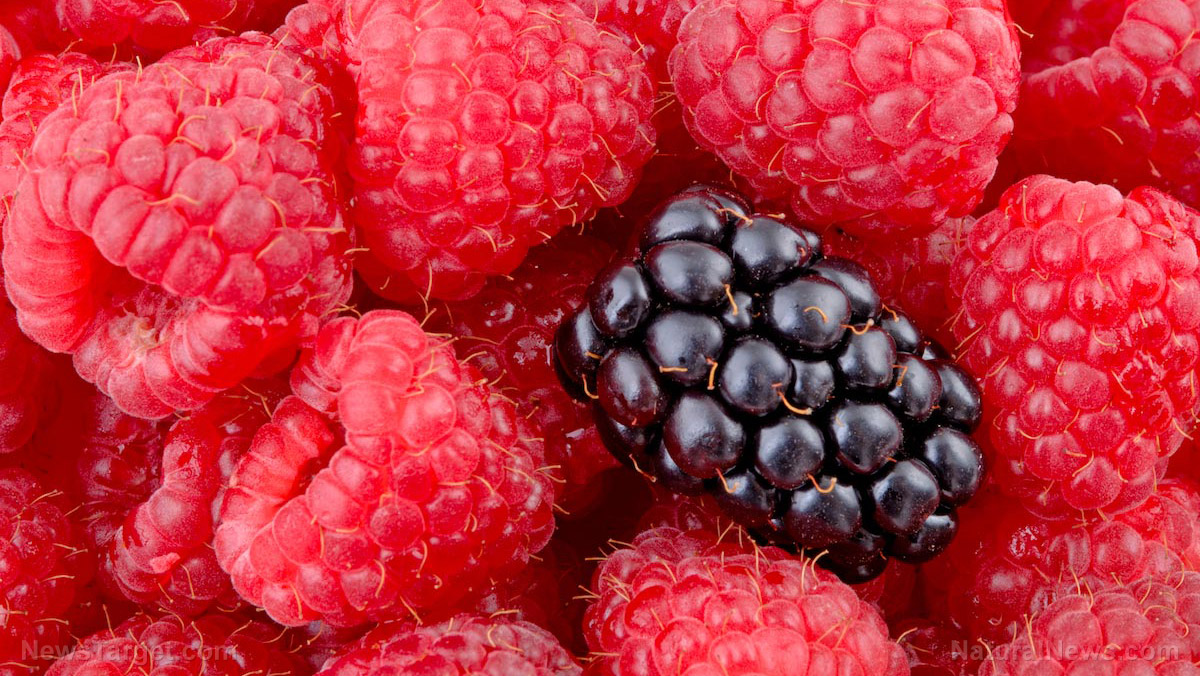
Cholera is a bacterial infection that causes severe diarrhea. According to the World Health Organization (WHO), this infectious disease can kill within hours if left untreated. Studies have estimated that up to four million cases of cholera emerge every year, and about 143,000 people worldwide die from the disease.
Diarrhea, the main symptom of cholera, is characterized by loose, watery stools that can last for a few days or longer. It usually indicates a digestive problem, such as a functional disorder, food intolerance or an infection caused by a parasite, virus or bacteria.
Diarrhea can cause dehydration – this is why replenishing lost fluids and electrolytes is crucial when treating this symptom. In the case of cholera, treatment also includes antibiotics to stop Vibrio cholerae from producing a toxin that causes the body to discharge large amounts of water. This toxin is responsible for the rapid loss of fluids and salts observed in people with cholera.
But in a recent study, Polish researchers reported finding five natural medicines for cholera. These come in the form of plants that belong to the rose (Rosaceae) family. Based on their study, which appeared in the journal BMC Complementary and Alternative Medicine, these plants — namely, Agrimonia eupatoria (common agrimony), Fragaria vesca (wild strawberry), Rubus fruticosus (blackberry), R. idaeus (raspberry) and Rosa canina (dog rose) — have the ability to neutralize the cholera toxin that causes severe diarrhea.
These five plants are effective against diarrheal diseases like cholera
In their study, the researchers looked at alternative therapies for cholera by screening five medicinal plants, which have been used for centuries to treat diarrhea in Poland and in other parts of Europe.
Common agrimony is a hardy, flowering plant that can be found in Europe and North America. This medicinal herb is a natural remedy for menstrual difficulties, various skin conditions, cough, sore throat and diarrhea. Common agrimony is often made into an herbal tea and is rich in antioxidants and anti-inflammatory plant compounds, according to studies.
Wild strawberry is a flowering and fruit-bearing plant native to Europe and Asia. Its berries are rich in vitamin C and ellagic acid, which are both well-known antioxidants. Wild strawberry leaves and fruits have astringent, laxative, diuretic and tonic properties. While the former is used to treat diarrhea, the latter is eaten to treat fever and rheumatic gout. The berries can also treat sunburn when applied topically.
Blackberry is a woody, fruit-bearing shrub that grows in the northern parts of Europe and in North America. Its fruits are widely used for their medicinal, nutritive and cosmetic value. In folk medicine, different parts of the blackberry plant are used to treat dysentery, diarrhea, whooping cough, labor pain, colitis and toothache. Its berries are rich in fiber, vitamin C, vitamin K, manganese and antioxidants.
Raspberry is a deciduous shrub known for its bright-red berries. It is commonly found in Europe and in temperate regions in Asia. While the fruits of the raspberry plant are widely used as food, its leaves are traditionally used to relieve various ailments, such as menstrual cramps, diarrhea, chronic skin conditions and conjunctivitis. Raspberry leaves are also considered excellent astringent and anti-inflammatory agents.
Dog rose is a wild rose species that can be found in Europe, northwest Africa and western Asia. Its fruits, flowers and seeds are used for culinary purposes as well as in nutritional supplements. Its fruits, for instance, are rich in vitamins A, C and E and antioxidant flavonoids and can be taken internally to treat colds, cough, influenza, minor infectious diseases, scurvy, diarrhea and gastritis.
After analyzing hot water extracts from these five plants, the researchers reported that all five have bacteriostatic activities, meaning they can inhibit the growth and reproduction of V. cholerae. Only common agrimony and blackberry showed bactericidal activity but only at higher concentrations. (Related: Pandemic cholera is naturally resistant to antibiotics: Scientists have discovered it is different than other drug-resistant bacteria.)
The researchers also found that the five extracts can modulate the effects of the cholera toxin on intracellular cAMP (cell-signaling molecule) levels. Three of the plant extracts, namely, common agrimony, blackberry and wild strawberry, suppressed the binding of the cholera toxin to the surface of cells and immobilized ganglioside GM1, the cell receptor for the cholera toxin.
Meanwhile, raspberry and rose showed the ability to interfere with the toxin internalization process of cells.
Based on these findings, the researchers concluded that infusions made with Rosaceae plants can treat cholera by slowing the growth of V. cholerae, inhibiting the binding of the cholera toxin to cell-surface receptors and preventing the internalization of the cholera toxin by cells.
Sources include:
Tagged Under: alternative medicine, bacterial infection, blackberry, cholera, cholera toxin, common agrimony, diarrhea, disease treatments, food cures, food is medicine, fruits, functional food, herbal medicine, Herbs, infectious diseases, natural cures, natural medicine, plant medicine, raspberry, remedies, research, rose, wild strawberry
RECENT NEWS & ARTICLES
FoodCures.News is a fact-based public education website published by Food Cures News Features, LLC.
All content copyright © 2018 by Food Cures News Features, LLC.
Contact Us with Tips or Corrections
All trademarks, registered trademarks and servicemarks mentioned on this site are the property of their respective owners.

